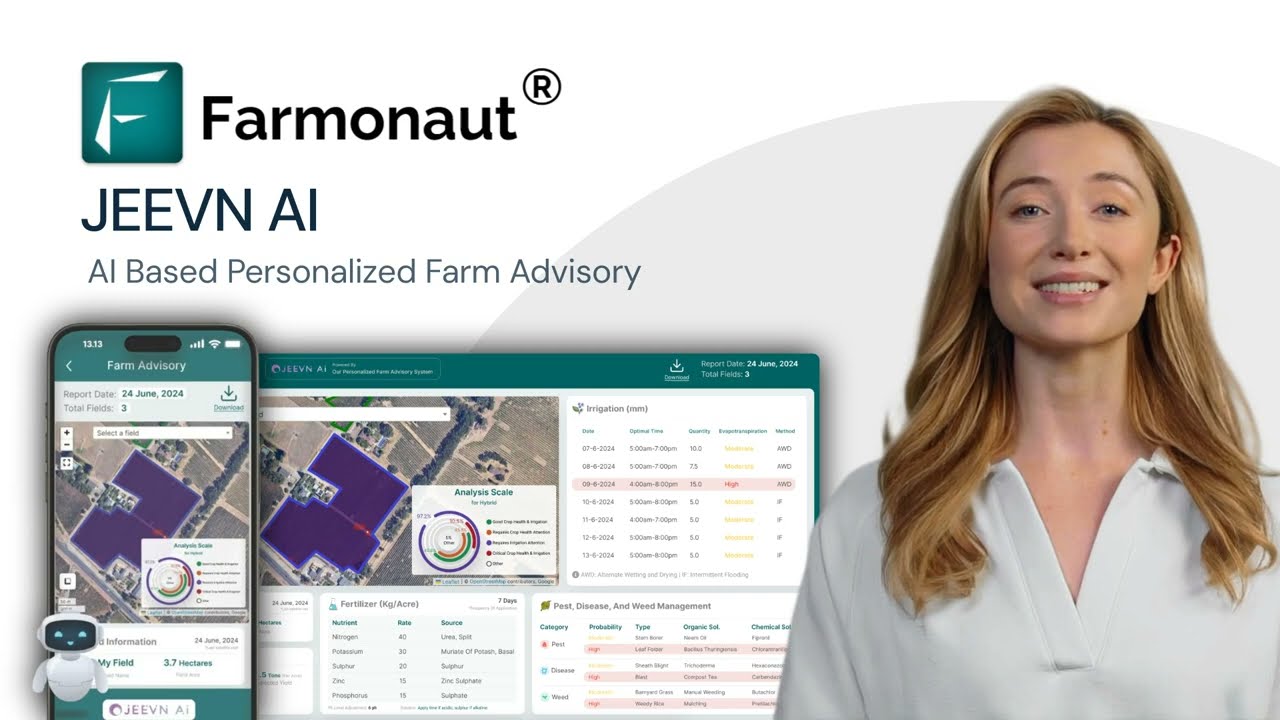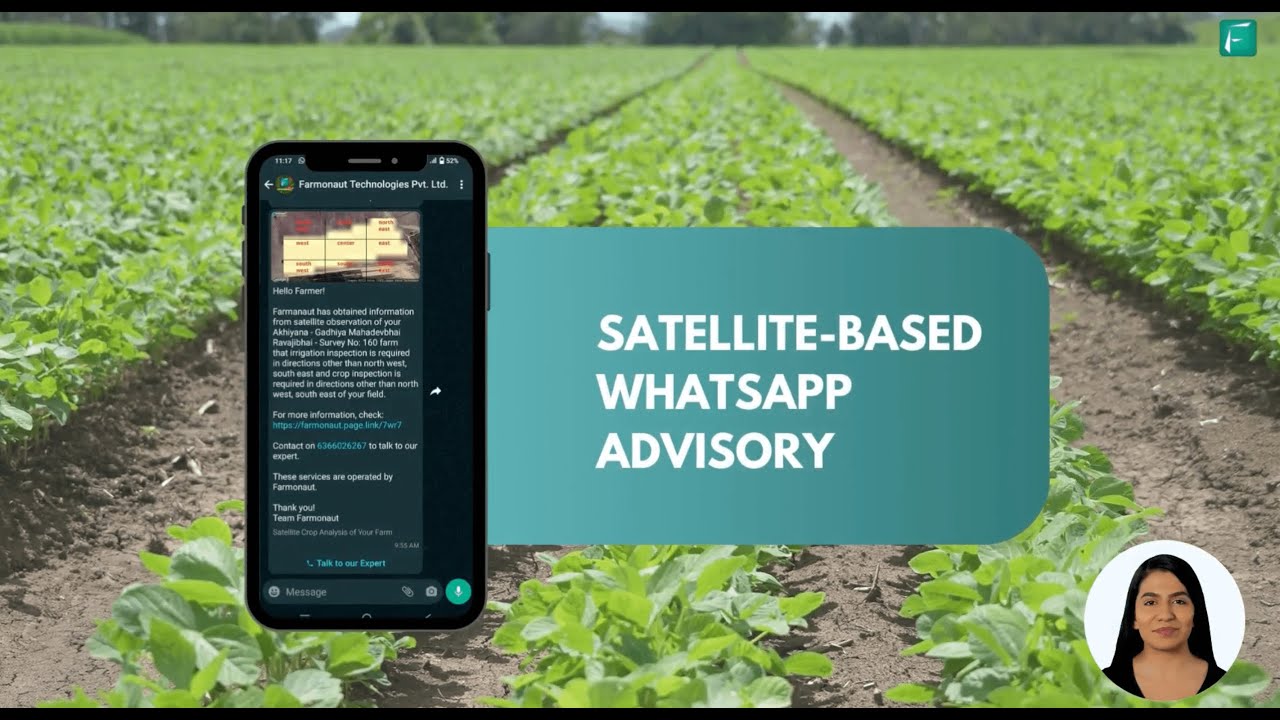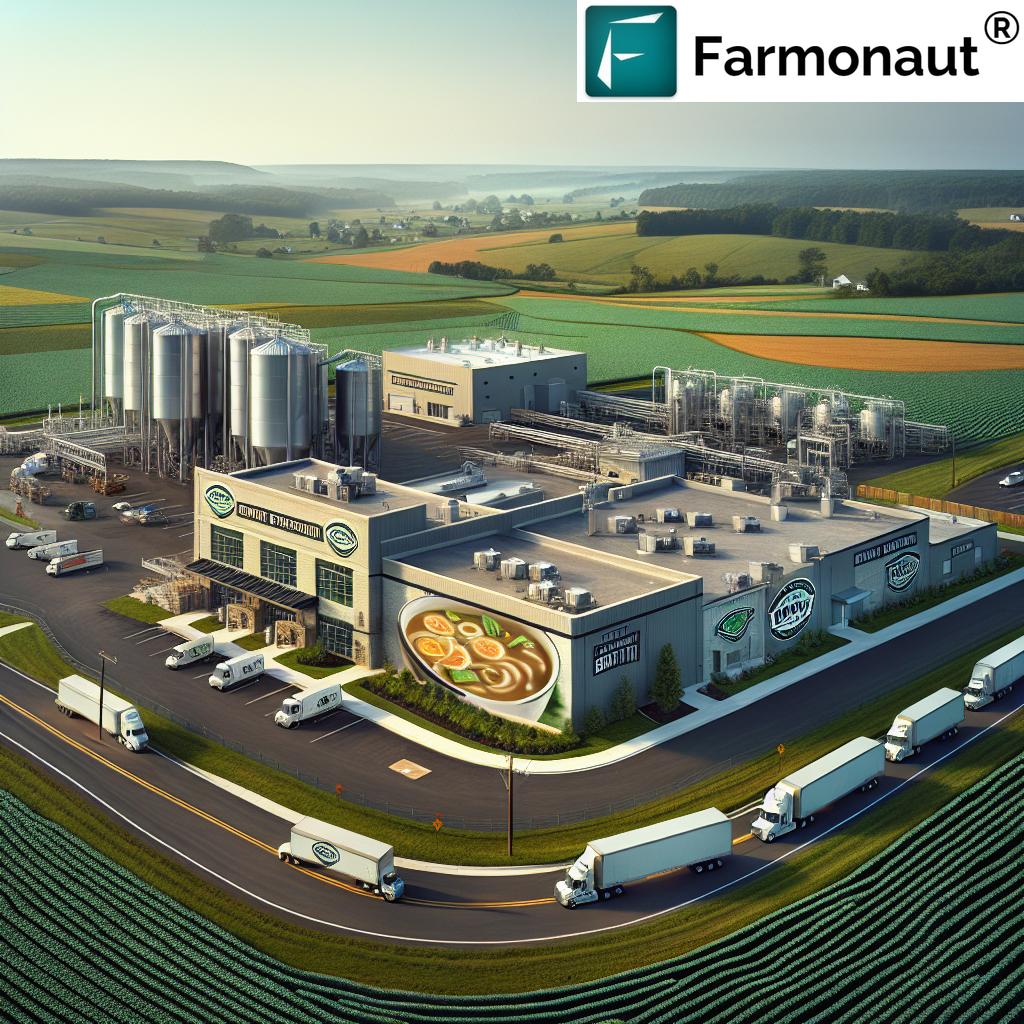Georgia’s Legislative Session: Tackling Farm Recovery, Tax Reform, and Family Support
“Georgia’s Wild Hog Supper kicks off a legislative session addressing $6 billion in agricultural losses from recent storms.”
As we embark on Georgia’s legislative session, we find ourselves at a critical juncture for our state’s agriculture sector and the families who depend on it. The annual Wild Hog Supper in Atlanta has once again marked the unofficial start of this crucial period, bringing together lawmakers, farmers, and citizens to address the pressing issues facing our great state.
This year’s session comes with a heightened sense of urgency, as we grapple with the aftermath of devastating storms that have left our farming communities reeling. The challenges ahead are significant, but so too is our determination to overcome them through bipartisan cooperation and innovative policy solutions.
The State of Georgia’s Agriculture: A $6 Billion Loss
Georgia Agriculture Commissioner Tyler Harper delivered a sobering assessment at the Wild Hog Supper, revealing the true extent of the damage caused by recent storms. The estimated losses to our state’s agriculture sector amount to a staggering $6 billion. To put this into perspective, our farming industry typically generates around $10 billion in goods annually. The ramifications of this setback are far-reaching and could potentially impact every Georgian’s wallet.

Commissioner Harper emphasized that without adequate support for recovery efforts, everyday Georgian families might face rising grocery prices. This underscores the interconnectedness of our agricultural sector with the broader economy and the well-being of our citizens.
Legislative Priorities: A Balanced Approach
As we delve into the legislative session, our lawmakers are focusing on a multi-faceted approach to address both immediate recovery needs and long-term economic stability. Here are some of the key areas they’ll be tackling:
- Agricultural Recovery: Allocating federal and state funds for storm damage relief
- Tax Reform: Lowering income tax rates to return surplus money to Georgians
- Business Cost Reduction: Reforming liability laws and reducing insurance costs
- Healthcare Expansion: Improving access to affordable healthcare services
- Childcare Affordability: Addressing Georgia’s high childcare costs
- Education Reform: Revising the Quality Basic Education (QBE) funding formula
Senate Majority Leader Steve Gooch outlined plans to allocate both federal and state funds for recovery, including loans and payback grants. This initiative aims to provide immediate relief to our struggling farm families and help stabilize the agricultural sector.
In addition to recovery efforts, there’s a strong push for income tax reform. The goal is to lower the income tax rate again, returning surplus money accumulated over the past several years to hardworking Georgians. This move could provide much-needed financial relief to families across the state.
Bipartisan Cooperation: A Cornerstone of Success
One of the most encouraging aspects of this legislative session is the spirit of bipartisan cooperation. Both Senate Majority Leader Gooch and Senate Minority Leader Harold Jones have expressed optimism about working together on key issues to support recovery efforts and address the “kitchen table issues” that resonate with everyday Georgians.
This collaborative approach is crucial as we tackle complex challenges that require nuanced solutions. By bringing diverse perspectives to the table, we can craft policies that truly serve the needs of all Georgians.
The Role of Technology in Agricultural Recovery
As we discuss agricultural recovery, it’s worth noting the role that technology can play in helping our farmers bounce back and build resilience for the future. Innovative solutions like those offered by Farmonaut can provide valuable insights for farm management and disaster preparedness.
Farmonaut’s satellite-based crop health monitoring system, for instance, can help farmers make informed decisions about irrigation, fertilizer usage, and pest management. This type of precision agriculture could be instrumental in optimizing crop yields and reducing resource wastage as our farming communities recover from the recent storms.
“The Georgia legislative session aims to tackle economic relief, including income tax reform and healthcare expansion for families.”
Addressing Healthcare and Childcare: Crucial for Family Support
While agricultural recovery is a top priority, our legislators are also keenly aware of the need to address other pressing issues affecting Georgia families. Healthcare expansion and childcare affordability are two areas that have been highlighted as critical concerns.
Senate Minority Leader Harold Jones emphasized the importance of healthcare expansion, recognizing that access to affordable healthcare is fundamental to the well-being of our citizens. This issue has taken on even greater significance in light of recent events, as we’ve seen how crucial a robust healthcare system is during times of crisis.
Additionally, Georgia’s high childcare costs, which rank among the highest in the nation, are a significant burden on many families. Addressing this issue could have far-reaching effects, allowing more parents to enter the workforce and boosting our state’s economic productivity.
Education Reform: Investing in Our Future
Another key focus of this legislative session is education reform, particularly the revision of the Quality Basic Education (QBE) funding formula. This initiative aims to ensure that our education system is adequately funded and equipped to prepare the next generation of Georgians for success.
By investing in education, we’re not only supporting our children’s future but also strengthening the long-term prospects of our state’s economy. A well-educated workforce is crucial for attracting businesses and fostering innovation, which will be essential as we work to rebuild and diversify our economy in the wake of recent challenges.
The Importance of Citizen Engagement
As our lawmakers prepare for several months of crucial decision-making, they’re encouraging constituents to engage in the process by sharing their concerns at the state Capitol. This engagement is vital for ensuring that the policies developed during this session truly reflect the needs and priorities of Georgia’s diverse communities.
We encourage all Georgians to stay informed about the issues being discussed and to make their voices heard. Whether it’s through contacting your representatives, attending town hall meetings, or participating in public forums, your input can make a real difference in shaping the future of our state.
Legislative Impact Summary
| Legislative Focus | Current Status | Proposed Action | Potential Impact |
|---|---|---|---|
| Agricultural Recovery | $6 billion in losses from recent storms | Allocation of federal and state funds, loans, and payback grants | Stabilization of farming sector, prevention of rising grocery prices |
| Income Tax Reform | Surplus funds accumulated over past years | Lowering income tax rates | Increased disposable income for Georgia families |
| Business Cost Reduction | High insurance and liability costs | Reform of liability laws, efforts to reduce insurance costs | Improved business environment, potential for job creation |
| Healthcare Expansion | Limited access to affordable healthcare | Initiatives to expand healthcare services | Better health outcomes, reduced financial burden on families |
| Childcare Affordability | Among highest childcare costs in the nation | Measures to reduce childcare costs | Increased workforce participation, economic boost |
| Education Reform | Outdated Quality Basic Education (QBE) funding formula | Revision of QBE funding formula | Improved educational outcomes, better prepared workforce |
Leveraging Technology for Agricultural Resilience
As we work towards recovery and long-term stability in our agricultural sector, it’s worth exploring how modern technology can play a role. Precision agriculture tools, like those offered by Farmonaut, can help our farmers make data-driven decisions to optimize their operations.
For instance, Farmonaut’s satellite-based crop health monitoring system provides real-time insights into vegetation health, soil moisture levels, and other critical metrics. This information can be invaluable for farmers as they work to rebuild and strengthen their operations in the aftermath of severe weather events.
Moreover, tools like Farmonaut’s Jeevn AI Advisory System can provide personalized farm advisory services, offering real-time insights, weather forecasts, and expert crop management strategies. This kind of support could be particularly valuable as our farmers navigate the challenges of recovery and adapt to changing conditions.
The Road Ahead: Balancing Immediate Relief with Long-Term Vision
As we progress through this legislative session, the challenge will be to balance the immediate needs of storm recovery with long-term policy reforms that can strengthen our state’s resilience and prosperity. This requires a nuanced approach that considers both the urgent requirements of our farming communities and the broader economic and social needs of all Georgians.
The initiatives being discussed – from agricultural relief and tax reform to healthcare expansion and education funding – all play a crucial role in this balancing act. By addressing these issues comprehensively, we can work towards a future where Georgia’s families and businesses are better equipped to weather future challenges and thrive in the face of adversity.
A Call for Continued Engagement
As this legislative session unfolds, we encourage all Georgians to stay informed and engaged. The decisions made in the coming months will have far-reaching implications for our state’s future, touching everything from the food on our tables to the opportunities available to our children.
By working together – lawmakers, farmers, businesses, and citizens – we can emerge from this challenging period stronger and more united. The spirit of collaboration and determination that has always defined Georgia will be our greatest asset as we navigate these complex issues and build a brighter future for all who call our state home.
Embracing Innovation in Agriculture
As we look towards the future of Georgia’s agriculture, it’s clear that innovation will play a crucial role in our recovery and long-term success. Technologies like those offered by Farmonaut can provide valuable tools for our farmers as they work to rebuild and strengthen their operations.
For instance, Farmonaut’s blockchain-based product traceability solution could help our farmers tap into markets that value transparency and sustainability. This technology ensures that every stage of a product’s journey, from farm to consumer, is transparent and secure, potentially opening up new opportunities for our agricultural products.
Additionally, features like carbon footprint tracking can help our agribusinesses monitor and reduce their environmental impact. This is increasingly important as consumers and regulators alike place greater emphasis on sustainable farming practices.

By embracing these technological advancements, we can help our farmers not only recover from recent setbacks but also position themselves for success in an increasingly competitive global market.
Supporting Farm Families: A Holistic Approach
As we discuss agricultural recovery and support for farm families, it’s important to recognize that the challenges facing these families extend beyond the fields. Issues like healthcare access, childcare affordability, and education quality are just as crucial for the long-term sustainability of our farming communities.
That’s why the comprehensive approach being taken in this legislative session is so important. By addressing these interconnected issues, we can provide more robust support to our farm families and ensure that rural Georgia remains a vibrant and thriving part of our state.
Earn With Farmonaut: Affiliate Program
Earn 20% recurring commission with Farmonaut’s affiliate program by sharing your promo code and helping farmers save 10%. Onboard 10 Elite farmers monthly to earn a minimum of $148,000 annually—start now and grow your income!
The Role of Data in Policy-Making
As we navigate these complex issues, the importance of data-driven decision-making cannot be overstated. Technologies like those offered by Farmonaut can provide valuable insights not just for individual farmers, but also for policymakers as they craft legislation to support our agricultural sector.
For example, satellite-based crop monitoring data could help inform decisions about where to allocate recovery funds or how to structure disaster relief programs. Similarly, data on farm productivity and resource usage could guide the development of more targeted and effective agricultural policies.
By leveraging these technological tools, we can ensure that our legislative efforts are based on accurate, up-to-date information about the state of Georgia’s agriculture.
Looking to the Future: Building a Resilient Georgia
As we move forward with this legislative session, our goal is not just to recover from recent setbacks, but to build a more resilient and prosperous Georgia for all. This means not only addressing immediate needs but also investing in the infrastructure, education, and innovation that will drive our state’s future success.
From supporting our farmers with cutting-edge technology to ensuring that every Georgian has access to quality healthcare and education, the decisions made in this session will shape our state for years to come. By working together and embracing both tradition and innovation, we can ensure that Georgia remains a leader in agriculture and a great place to live and work for generations to come.
FAQ Section
Q: What is the main focus of Georgia’s current legislative session?
A: The main focus is on agricultural recovery following $6 billion in storm-related losses, along with tax reform, healthcare expansion, childcare affordability, and education reform.
Q: How much has Georgia’s agriculture sector lost due to recent storms?
A: Recent storms have caused an estimated $6 billion in losses to Georgia’s agriculture sector.
Q: What measures are being proposed for agricultural recovery?
A: Proposals include allocating federal and state funds, offering loans and payback grants, and implementing technological solutions to aid in farm management and disaster preparedness.
Q: Is there bipartisan support for these initiatives?
A: Yes, both Senate Majority Leader Steve Gooch and Senate Minority Leader Harold Jones have expressed optimism about bipartisan cooperation on key issues.
Q: How might these legislative actions impact everyday Georgians?
A: The actions could potentially prevent rising grocery prices, increase disposable income through tax reform, improve access to healthcare, reduce childcare costs, and enhance educational outcomes.
Q: What role can technology play in agricultural recovery?
A: Technologies like satellite-based crop monitoring, AI advisory systems, and blockchain-based traceability can help farmers make data-driven decisions, optimize operations, and build resilience against future challenges.
Q: How can citizens engage with this legislative process?
A: Citizens are encouraged to stay informed, contact their representatives, attend town hall meetings, and participate in public forums to share their concerns and perspectives.
As we conclude our discussion of Georgia’s legislative session and its focus on farm recovery, tax reform, and family support, it’s clear that we’re at a pivotal moment in our state’s history. The challenges we face are significant, but so too are the opportunities for positive change and growth.
By embracing innovation, fostering bipartisan cooperation, and maintaining a commitment to the well-being of all Georgians, we can emerge from this period stronger and more resilient than ever. As we move forward, let’s continue to engage in these important discussions and work together to build a brighter future for our great state.
For more information on how technology can support agricultural recovery and sustainable farming practices, visit Farmonaut or explore their API and API Developer Docs.




















